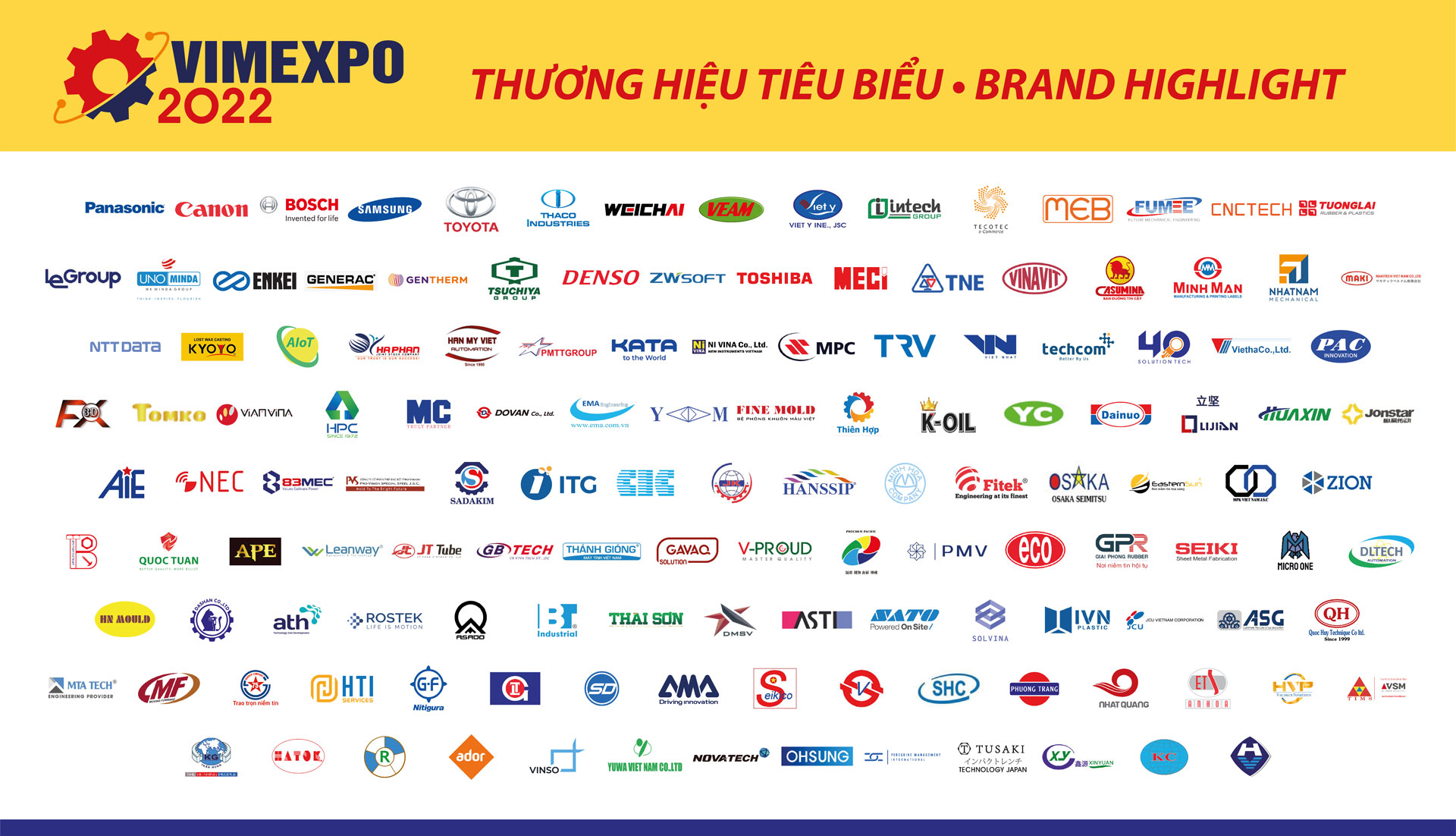Based on the assumption that the Vietnamese automobile industry in recent years has not been as successful as expected, the study was conducted with the aim of finding out the reasons from the perspective of state management. At the same time, the research results are quite similar to many previous studies. This article proposes a number of solutions to enhance the role of the State in developing the Vietnamese automobile industry in the coming time.
The role of the State in developing the industrial production sector
In any country, the State plays a leading role in socio-economic development in general and industrial production sectors in particular. The State sets out development orientations, aiming at goals expected by the whole society; At the same time, ensure conditions for enterprises and organizations to implement with the goal of giving top priority to economic development, including the industrial production sector, as shown in the following points:
First, the State designs and implements national development goals according to the institution to achieve socio-economic development in which the legitimate interests of the State – enterprises – people are all guaranteed and respected.3. For industrial production sectors, the State affirms its leadership, orientation, avoiding wrong paths and deviations in the development direction, therefore, it is necessary to have appropriate institutions to encourage the development of three main areas: political – social – economic institutions.
Second, the State focuses on improving human capacity by investing in education, health care, housing and socio-economic infrastructure to ensure social equity. Human and social development is considered both the goal, the driving force and the means of development. At the same time, build a system of social resources focused on investment for the development of industries, which can be public spending, taxes, credit, franchises, etc. In addition, an indispensable condition is to stabilize the macro economy, because without macroeconomic stability, no business or industry can develop sustainably.
Third, the State is the main subject in building and implementing strategies for scientific and technological research in industries, only the State has enough resources to implement this development strategy. Therefore, these strategies need to be effectively implemented for production and business, especially in the context of the current 4.0 industrial revolution. In addition, the State also plays a proactive role in orienting and planning to promote technology transfer, a role that organizations and businesses cannot perform without the extensive presence of the State or at least as a guarantee.
Fourth, the State proactively orients, intervenes or promotes the market in particular and the society in general through development strategies and policies specified for each strategy in each industry and field through the effective allocation and use of national resources; focusing on priority goals, creating momentum for the overall development of the country. The State directly sets out industrial development plans with great ambitions, ensuring scientific, practical and feasible nature; at the same time, has strong decisions on mechanisms, policies, resources and combines with other relevant incentives to promote industrial development. Fifth, the State plays a role in creating healthy competition so that all entities in the economy or society in general and in industries in particular must strive to compete in product quality and price. The criteria for competition in political life are to be more talented and more ethical, in economic life are to be better quality and cheaper; At the same time, it is important to promote the equitization of state-owned enterprises and strictly control those enterprises that still hold monopoly positions. Monopoly positions not only lead to abuse of power but also make economic activities less efficient and society less dynamic.




